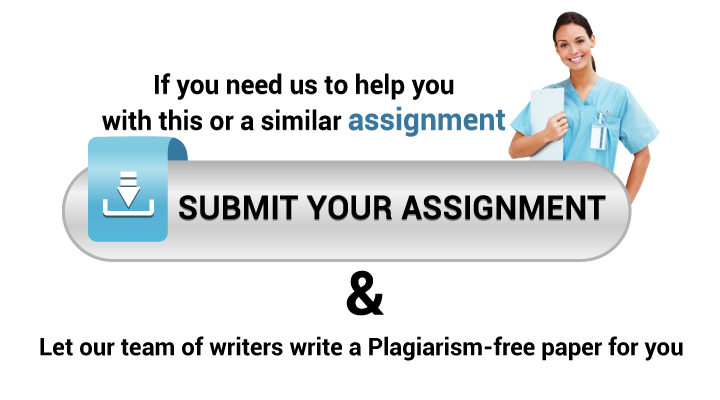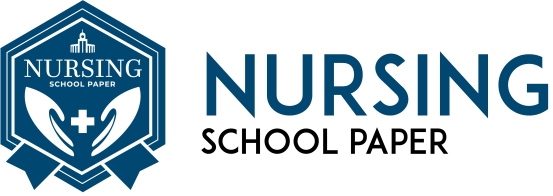
Compare and contrast the types of entry programs in nursing: diploma, ADN, BSN, and accelerated or direct-entry programs.
FINKELMAN ANITA & KENNER CAROLE (2013). PROFESSIONAL NURSING CONCEPTS. COMPETENCIES FOR QUALITY LEADERSHIP (2ND ED.) ISBN: 978-1-4496-4902-9
TEXTBOOK:
FINKELMAN ANITA & KENNER CAROLE (2013). PROFESSIONAL NURSING CONCEPTS. COMPETENCIES FOR QUALITY LEADERSHIP (2ND ED.)
ISBN: 978-1-4496-4902-9
ALL THE ANSWERS HAVE TO COME FROM THE TEXTBOOK.
ORDER A PLAGIARISM-FREE PAPER
AT LEAST 5 SENTENCES PER ANSWER.
WRITE THE PAGE WHERE YOU FIND OUT THE ANSWER, EXCEPT FOR PERSONAL OPINION OR RESEARCH (MAINLY IN CRITICAL THINKING QUESTIONS)
CHAPTER 4
Compare and contrast the types of entry programs in nursing: diploma, ADN, BSN, and accelerated or direct-entry programs.
Select one of the following graduate nursing programs (master’s-any type; doctoral; and DNP) and find, through the internet, two different universities that offer the program. Compare and contrast admission requirements and the curricula.
Consider the learning styles describe in this chapter. Where do you fit in? Why do you think the style (s) apply to you? What impact do you think the style (s) you identified will have on your own learning in the nursing program?
Critical Thinking Activity (all groups will elaborate on the activity & debate)
Conduct a debate in a small group. Take the side supporting the PhD in nursing, with another classmate supporting the DNP. The class should then vote on the side that presents the best support for one of the perspectives. You will need to research your issue and present a substantiated rationale for your side of the issue.
CHAPTER 5
Discuss the roles of nurses in the policy-making process.
Why is advocacy a critical part of policy making?
Discuss the methods that nurses use to get involved in the policy-making process and the political process.
Critical Thinking Activity (all groups will elaborate on the activity & debate)
Form a debate that will address the following question: How would you support or not support universal health care in the United States? The students should base their viewpoint on facts and relevant resources. Present the debate in class.
CHAPTER 6
Explain the harms that the IRBs are concerned with in research.
Explain how the profession of nursing incorporates ethics into practice and the profession.
Discuss one example of an ethical issue and how the ethical principles apply to this issue.
Critical Thinking Activity (all groups will elaborate on the activity & debate)
Select one of the following topics: confidentiality and informed consent; advance directives; living wills, DNR; or organ donation. Explain what it is in language that consumers could understand. What makes the issue you selected an ethical and legal issue.
CHAPTER 7
Explain why Healthy People 2020 is an important national health initiative.
Explain why public/community health is a critical concern today
Compare and contrast acute illness and chronic disease related to public/community care.
Critical Thinking Activity (all groups will elaborate on the activity & debate)
Select one of the vulnerable populations and discuss issues that would have an impact on the health and illness of that population. Consider issues such as health promotion, disease prevention, and access to care.
CHAPTER 8
If you were not a nursing student, what other healthcare team member would you want to be and why?
Describe how nursing services might be organized in a hospital, their key roles, and their relationship to other departments.
What is your opinion of the health environment model? How do you think the designation of a Planetree hospital might impact nursing care?
Critical Thinking Activity (all groups will elaborate on the activity & debate)
What is your reaction to the topic of the corporatization of health care?
FINKELMAN ANITA & KENNER CAROLE (2013). PROFESSIONAL NURSING CONCEPTS. COMPETENCIES FOR QUALITY LEADERSHIP (2ND ED.)ISBN: 978-1-4496-4902-9

